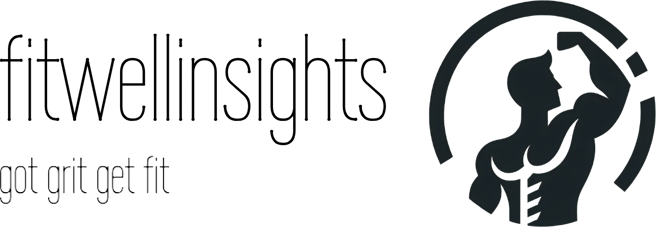
Heroes of Health and Fitness
The Importance of Vitamins and Minerals in Health and Fitness
The Secret Weapons in Your Diet: How I Learned to Fuel My Body Right
When I first dove into health and fitness, I obsessed over macros and workouts—until I hit a wall. Fatigue, slow recovery, and endless cravings made me realize I’d overlooked the real MVPs: vitamins and minerals. These tiny nutrients aren’t just checkboxes on a label—they’re the behind-the-scenes crew keeping your body’s lights on. Here’s what changed my game.
Vitamins vs. Minerals: What’s the Deal?
Vitamins are organic helpers from plants or animals. Your body can’t make most (except vitamin D with sunlight!). They fall into two squads:
- Water-soluble (B vitamins, C): Party in your bloodstream, exit via urine. Need daily refills.
- Fat-soluble (A, D, E, K): Chill in your liver and fat, waiting for their moment.
Minerals are inorganic rockstars absorbed from soil or water. Think of them as your body’s construction crew:
- Major minerals (calcium, magnesium): Needed in bulk for bones and muscles.
- Trace minerals (iron, zinc): Tiny but mighty—think immune defense and wound healing.
My Top Nutrient Hacks for Key Body Systems
1. Bones & Spine: The Calcium-Vitamin D Duo
Post-yoga stiffness taught me calcium alone won’t cut it. Without vitamin D, your body absorbs just 10-15% of dietary calcium. I now pair my spinach salads with sunlight walks and fortified almond milk. Pro tip: Add vitamin K (hello, kale chips!) to shuttle calcium into bones—not arteries.
2. Nerves & Brain: B Vitamins Are Lifelines
Ever felt “hangry” during a workout? Blame B12. After switching to a plant-based diet, I crashed hard until I discovered nutritional yeast and fortified cereals. B vitamins (especially B1, B6, B12) are your nervous system’s cheerleaders—they turn food into energy and keep nerves firing.
3. Gut Health: Zinc & Probiotics FTW
A post-antibiotic stomach nightmare led me to zinc. This mineral repairs gut lining like duct tape for your intestines. I stack it with probiotic-rich kimchi or yogurt—vitamin B12 in these foods keeps digestion smooth and energy steady.
Food First, Supplements as Backup
I used to pop multivitamins like candy—until I realized food offers more than isolated nutrients. Oranges give vitamin C plus fiber; spinach delivers iron with antioxidants. But let’s be real: Modern life isn’t perfect. When my vitamin D plummeted in winter, a supplement saved me. Rules I live by:
- Prioritize food: Aim for color variety (sweet potatoes = vitamin A; berries = antioxidants).
- Smart supplementing: Blood tests reveal true needs. Look for NSF-certified brands.
- Timing matters: Take iron with OJ (vitamin C boosts absorption), but skip calcium during iron doses—they compete.
The Weight Management Twist
Surprise: Nutrient gaps can sabotage weight goals. Low magnesium? Hello, sugar cravings and insulin spikes. I add pumpkin seeds to oatmeal and dark chocolate for dessert. Vitamin D deficiency links to stubborn belly fat—now I get 15 minutes of sun pre-morning coffee.
Absorption: Where Science Meets Strategy
- Fat-soluble vitamins: Eat with avocado or nuts. No fat? You’ll flush them out.
- Water-soluble vitamins: Small daily doses > megadoses. Your kidneys will thank you.
- Mineral rivalry: Calcium and iron are frenemies. Space them by 2 hours.
The Takeaway
Vitamins and minerals aren’t magic pills—they’re teammates. Track your diet for a week. Spotting gaps? Tweak meals first, then supplement wisely. My mantra: “Eat the rainbow, test don’t guess, and let your body geek out on science.”
Remember: This isn’t medical advice. Chat with a doc or dietitian before overhauling your routine—your needs are as unique as your fingerprint! 🌱


